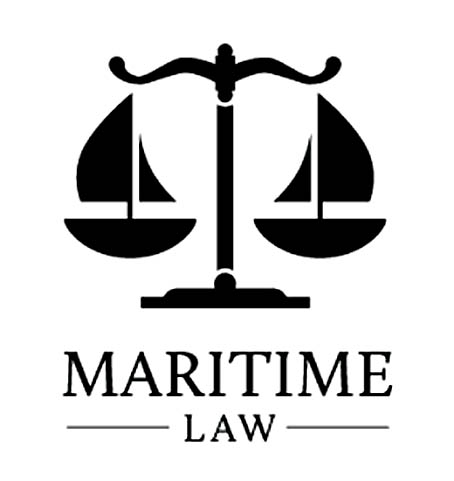We live in a digital age. There’s very little we do in our daily communications and online activity that doesn’t leave an indelible electronic trail. In such an era, it’s hard to believe we still have the phenomenon of false distress calls. Yes, it’s true that radios used for such calls may not create a digital breadcrumb trail that leads to the violator. But even in the 1940s, Coastal Command B-24 Liberator crews learned that radio receivers at two separate locations could help triangulate the position of a U-boat in the North Atlantic transmitting a quick encrypted message about a convoy bound for England.

As one might expect, the Coast Guard doesn’t take the offense of sending false distress signals lightly. Penalties for such acts can include:
▪ 6 years in prison
▪ $250,000 criminal fine
▪ $5,000 civil fine
▪ Reimbursing the U.S. Coast Guard for the cost of a search
It doesn’t matter that a call may have been done as a radio check. It is subject to prosecution as a class D felony under Title 14 Section 85 of the U.S. Code. While the notion of false distress calls could bring to mind a group of mischievous kids with a radio who believe it’s a prank instead of a crime, or someone with a flare gun who wants to impress friends after having too much to drink, false distress calls could emanate from unexpected sources.
Oddly, this can even include maintenance or painting, such as unintended signals from emergency position indicating radio beacons, or EPIRBs. There are recommendations for the proper use and handling of EPIRBs from National Oceanic and Atmospheric Administration (NOAA). This includes testing in accordance with manufacturer’s recommendations, registration with NOAA, affixing registration decals on the EPIRBs, and making sure the EPIRBs are never removed from their brackets without switching them to the “off” position during routine maintenance activities. There have been false alarms from EPIRBs, sometimes from being moved by crew members trying to be thorough in painting a bulkhead, or from curious passengers who might take the liberty of handling the interesting looking device without realizing what it is.
Another unusual source of false alarms can be their use in covering up crimes at sea. For those whose minds work like the plot of an Agatha Christie murder mystery, false distress calls have been used as a part of creating a ruse to cover up serious crimes. The distress call could be for the purpose of feigning actual distress for the purpose of masking a disappearance that might otherwise seem suspicious. The purpose there is to have investigators thrown off the crime trail by duping them into believing that it was just an unfortunate disappearance at sea, rather than a sinister crime.
The Coast Guard’s strong sentiments on such a crime should be clear. A vessel in distress is something to be taken very seriously. The Titanic might come to mind as an ultimate example of distress at sea. After realizing the White Star liner was doomed, the crew used everything at their disposal to relay their dire situation. This included rockets, signal lamps, and wireless messages. Despite the tragic loss of life that night, the desperate distress calls served a vital purpose, bringing the merciful arrival of the steamship Carpathia as dawn broke. Titanic historians might even point out the sad irony that Titanic had even sent out a response with annoyance toward a radio operator aboard another vessel who tried to warn them of the ice ahead.
The logistical reasons against making false distress calls hardly need to be argued. The calls waste valuable resources. They cost taxpayers money. They endanger boaters and commercial mariners who might be in actual distress. But maybe one of the most compelling reasons is one we can’t put a dollar figure on. If Coast Guard personnel are risking their lives to go out in a motor lifeboat or Jayhawk helicopter in the middle of the night, they deserve better than to be sent on a wild goose chase as part of a bad practical joke.
References: United States Coast Guard, Search and Rescue is No Joke, NOAA Search and Rescue Satellite Aided Tracking, MAYDAY Radio Checks and Other Hoaxes, United States Coast Guard – Navigation Center
